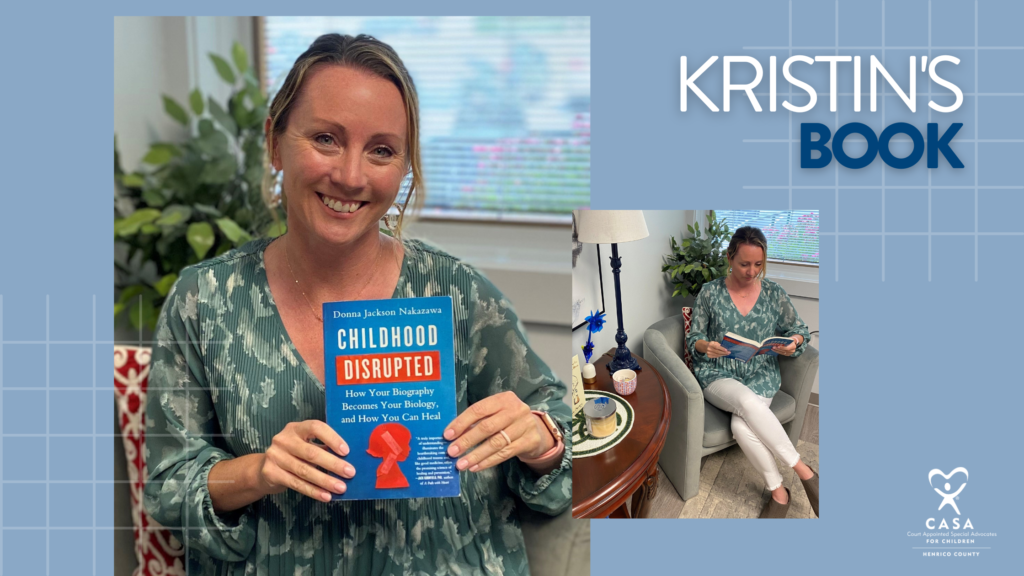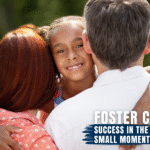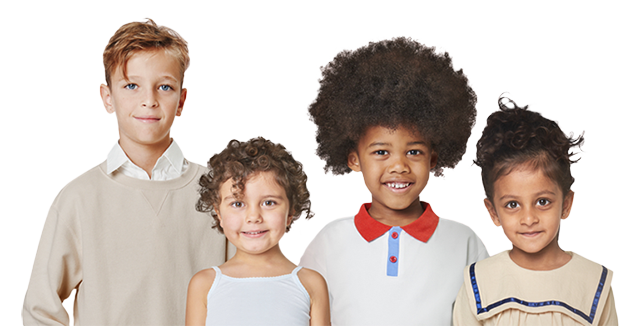
Our team at Henrico CASA loves to read… and there’s no better time to read than the summer! In upcoming weeks we’ll be highlighting some of our recent favorites in the hopes that you will enjoy the themes and connections to our work as child advocates.
Synopsis
Your biography becomes your biology. The emotional trauma we suffer as children not only shapes our emotional lives as adults, but it also affects our physical health, longevity, and overall well-being. Scientists now know on a bio-chemical level exactly how parents’ chronic fights, divorce, death in the family, being bullied or hazed, and growing up with a hypercritical, alcoholic, or mentally ill parent can leave permanent, physical “fingerprints” on our brains.
Donna Jackson Nakazawa shares stories from people who have recognized and overcome their adverse experiences, shows why some children are more immune to stress than others, and explains why women are at particular risk. Read more about Childhood Disrupted: How Your Biography Becomes Your Biology and How You Can Heal on Amazon.
I Recommend Because…
I reference statistics from The Adverse Childhood Experiences Study: Child Abuse and Public Health often. Very often. I interweave them into our outreach efforts at Henrico CASA because they are just so staggering. The data clearly show a correlation between childhood trauma and future mental, emotional, and physical health ailments. And when someone sees that connection, they are more likely to value and support CASA’s work. They see the need to intervene in child’s life as early as possible to change the trajectory of their future.
I started reading Childhood Disrupted, thinking it would be another good source of data, more studies and reflections on how children and their future selves are impacted by their childhoods. I anticipated that it would be a sterile read… It was anything but! Yes, there is plenty of science and research, but there are also so many personal stories. They are stories of adults trying to identify medical diagnoses and learning that their conditions started all the way back in their childhoods, back when they endured adverse experiences that were too much for their little bodies and brains to process. For me, these stories brought the data to life.
Three points really resonated with me from this book:
- Dr. Vincet Feletti believes that “toxic childhood stress lies behind mainstream medicine’s attitude that women are naturally prone to ill-defined health problems such as fibromyalgia, chronic fatigue syndrome, obesity, irritable bowel syndrome, and chronic pain.” Why? Because women are 50% more likely than men to have experienced 5 or more of the negative experiences included in the Adverse Childhood Experiences (ACEs) study. Knowing this underlying cause of medical symptoms may help women find healing!
- Diving deep into the ACEs study can feel overwhelming. After all, if the correlations between childhood trauma and future negative outcomes are so clear, is there hope for the children CASA serves? This book approached the topic of ACEs from a different angle, explaining that knowing your ACEs score should be freeing. Once you know, you can take steps to heal. And there are so many ways to move towards healing – on your own and with professional help. I counted 31 actionable suggestions in this book. There should be no fear or hopelessness in knowing!
- Children who have experienced abuse, neglect, or other forms of trauma do not necessarily have more negative emotions than their peers. They do, however, often lack positive feelings to counter these negative emotions. They don’t have positive memories to fall back on. They don’t have warm feelings to comfort them. If emotions were on a scale, there wouldn’t be enough on the positive side to balance out the negative. How can I give children more positives to tip their scale?!
Are you ready to see the connection between our biographies and our biology? Find this book online or on CASA’s shelf.








